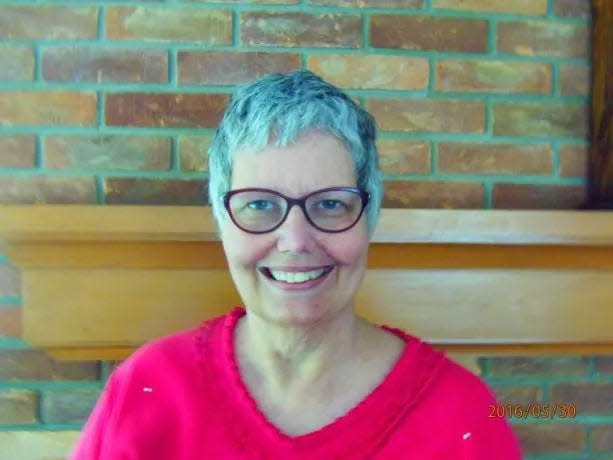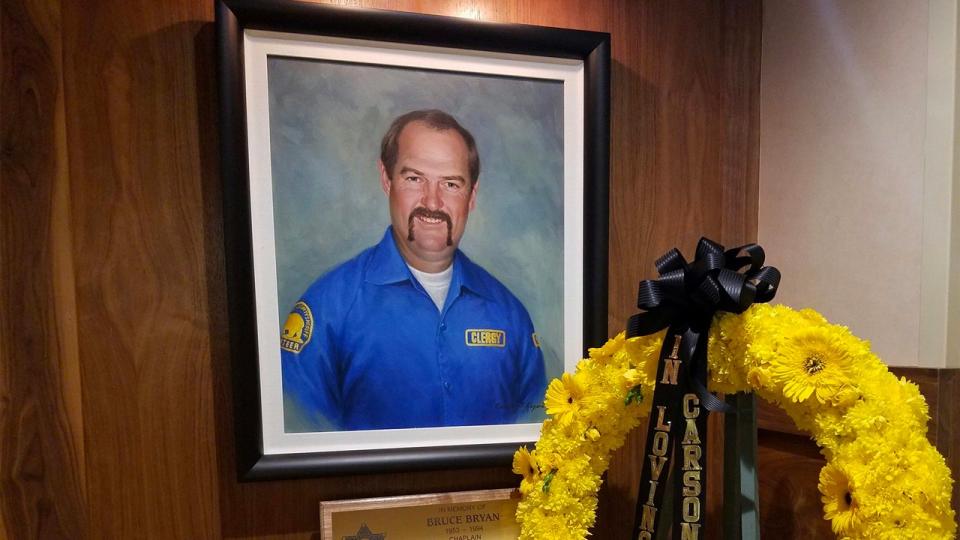
This isn’t about Bill Gates, Jeff Bezos, multinational investors or corporate raiders buying huge land tracts in western states and upending communities. In Michigan, it could be companies like Ceres, the foreign Hancock Timber and Farmland Fund, Bowman Family Holdings or even smaller, local groups.
My brother and I are among the many centennial farm owners here in Lenawee County. We inherited land, buildings, other assets and tax breaks. Some here inherited wealth others can only imagine.
There’s no birthright to lifelong land ownership. Choices are made, consequences follow.
At some point, there might not be anybody in the family to take over or to lease to another farmer. Others might decide to grab that brass ring and cash out. Then what?
One choice is to sell, breaking up large holdings into smaller parcels. Young farmers here want to buy or lease, others want to expand or continue renting. But land (and lease) prices have to be affordable. Rising rents and land prices aren’t the only barriers to entry; higher township property values increase taxes, which hurts others who can’t afford them.
While getting multiple unsolicited offers from different companies over the past 18 months to buy or lease our farm in Riga Township for different energy options, I checked into them. Their websites are filled with high production value, emo-greenwashy stuff and seemingly unrelated business interests. Some promise “in perpetuity” (at least until they sell the parcel or go out of business).
Let’s call these companies climate change integrators.
Maybe you like factory farms, corn, soy, biodigesters, biodiesel and ethanol. Maybe you like clearcutting trees, whether they’re fencerows between fields, along streams or in forests, for biofuel feedstock or clearance for solar arrays and wind turbines. Maybe you like mega wind and solar and the accompanying battery farms. Maybe you like pollinators, carbon sequestration and cover crops. Maybe you like renewable natural gas (RNG) produced by incinerating plastics and CAFO sewage biodigesters. Maybe you think carbon dioxide injection wells for storing captured CO2 from faraway industrial smokestacks and piped here are terrific. Or maybe you like some of these and dislike others.
That doesn’t matter to some of these companies. It’s their choice once they own or lease land. It can be a surprise to landowners (not to mention the neighbors) who consoled themselves about selling or leasing inherited land with visions of pollinator flowers blooming, bees buzzing “in perpetuity” to suddenly learn there’s going to be a mega solar installation or a battery farm or livestock waste on that newly cleared woodlot or extensively tiled farmland.
It’s important to talk to an experienced lawyer about any arrangements.
Once ownership of Michigan’s ever-shrinking, food-production-quality acreage is concentrated into a few hands, what happens to food prices? What happens to energy rates and reliability after this land ownership consolidation, and to promised community benefits should something go awry with their payments in lieu of taxes (PILTs) as it sometimes does?
Michigan’s new renewable energy standard (P.A. 235) was written for climate change integrators and access to taxpayer largesse. It has little to do with climate change or environmental protection. If it did, it would be much different. The loss of local control over utility solar and wind siting was an extra kick. Some Michigan environmental groups aligned with fossil fuel companies, Michigan’s large utilities, solar and wind special interests and some Michigan Democrats to push this through. I didn’t foresee Democrats and environmentalists greasing the way for a private equity and investment fund farmland and energy takeover, but it’s a topsy-turvy world sometimes.
I remain on Team Local. I’ve watched the slow death of our small, rural towns over the past 50 years. We value our land, our renter’s family and kids who are newer farmers, and our neighbors’ quality of life. I hope voters will join me in choosing candidates who prioritize local people and healthy food production instead of boondoggles and self-dealing.
— Pam Taylor is a retired Lenawee County teacher and an environmental activist. She can be reached at ptaylor001@msn.com.
This article originally appeared on The Daily Telegram: Pam Taylor: Climate change integrators come to Michigan
Signup bonus from




